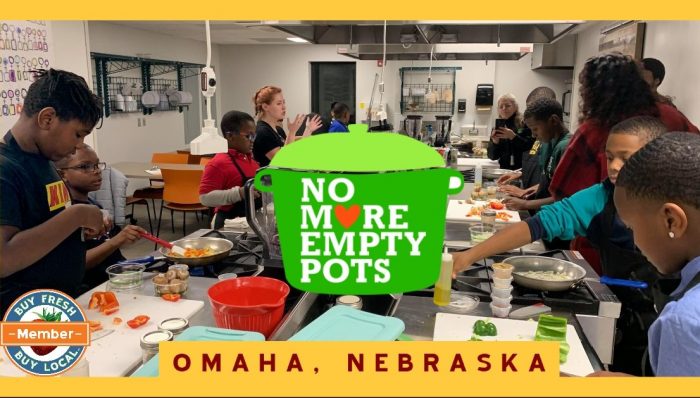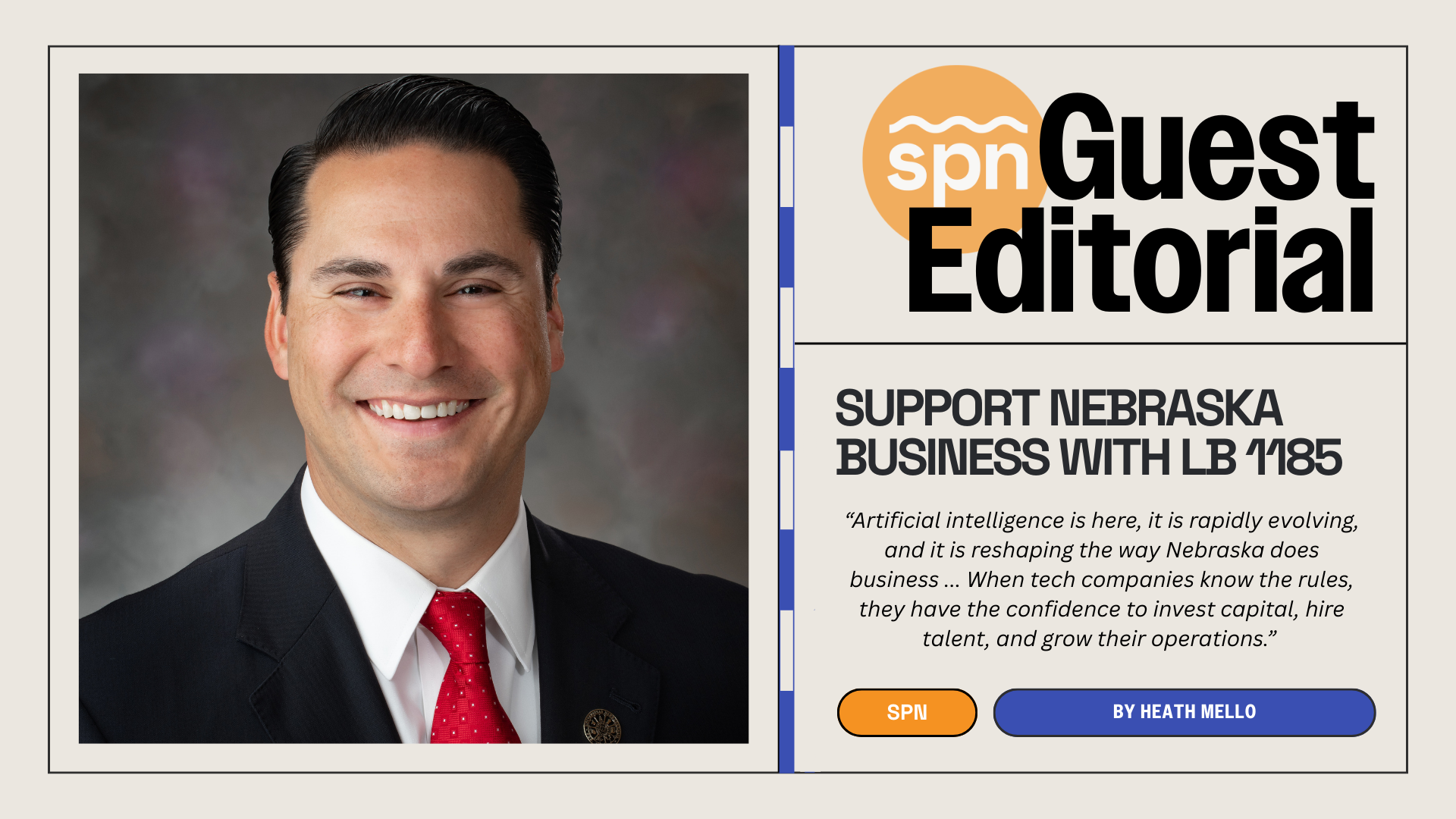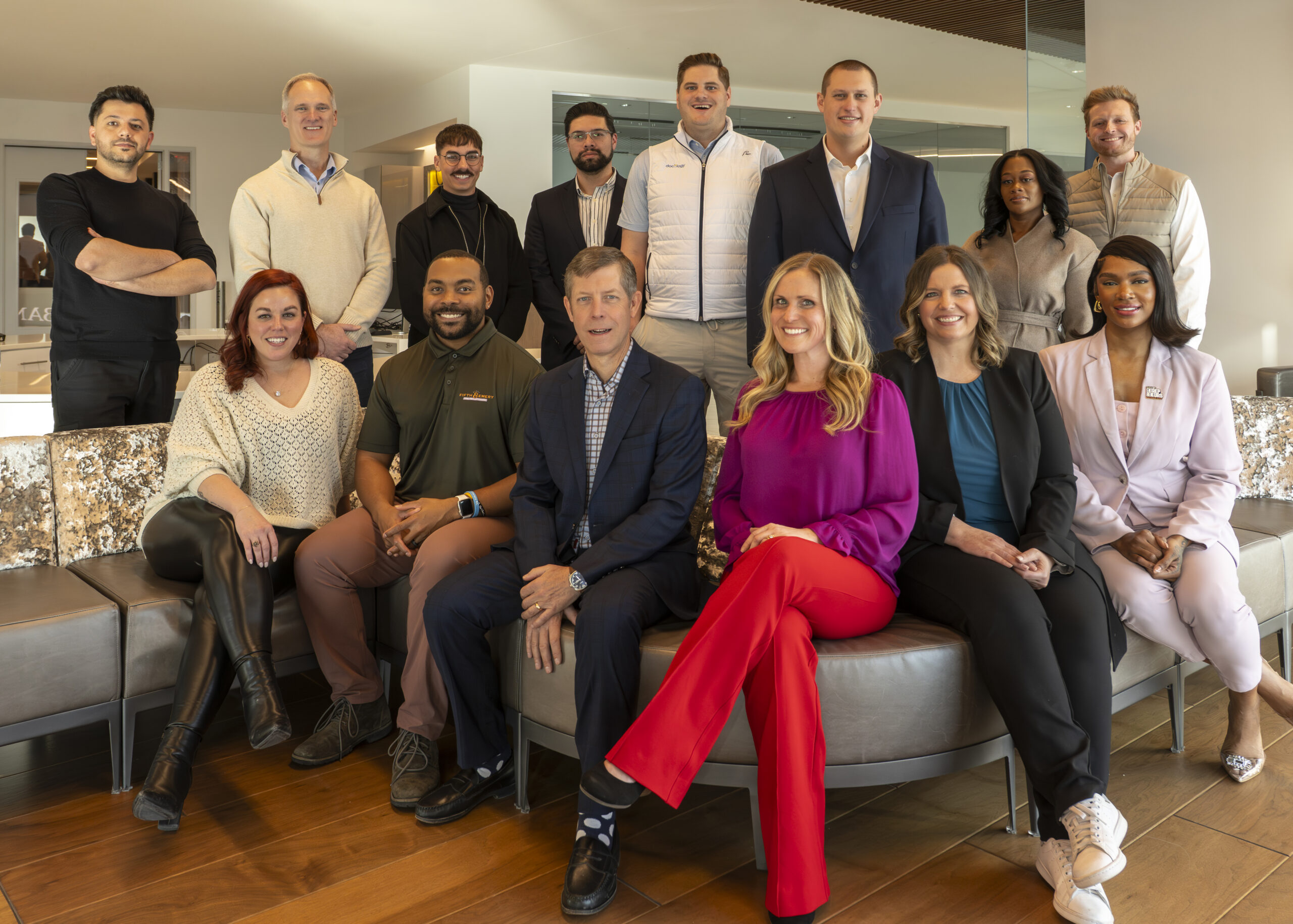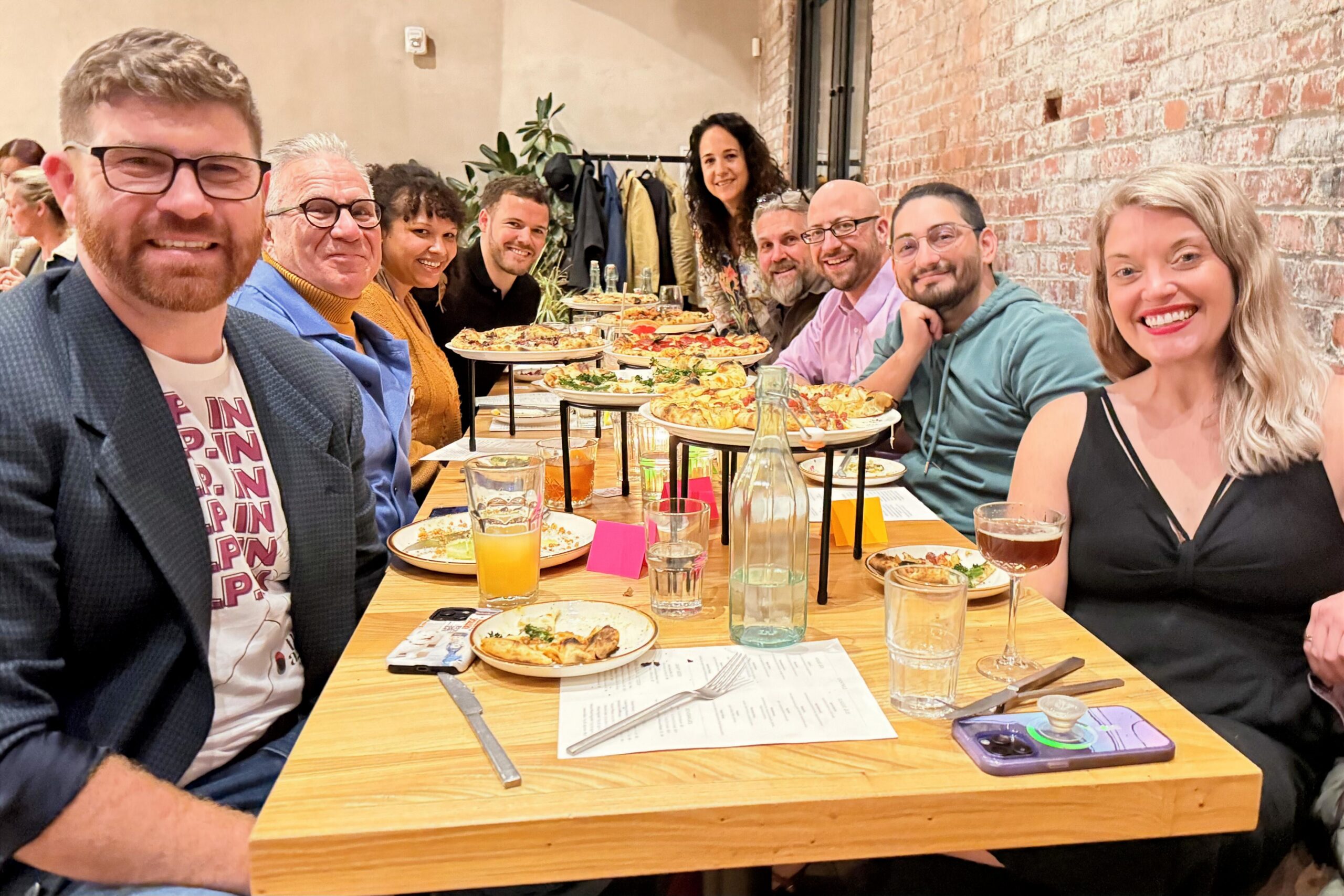A healthy economy starts with healthy food. The nutrients necessary for optimal function and development are found in high concentrations in fresh produce. But unlike in many parts of the world, fresh fruits and vegetables are typically more expensive in the U.S. than processed food (the reverse is generally true elsewhere).
Considering a healthy, balanced meal usually requires more than one fresh ingredient—plus more prep and cleanup time—it’s easy to see why many Americans choose quantity over quality when it comes to groceries. And in many low-income rural and urban neighborhoods, millions of Americans don’t even have the option to purchase fresh produce, as they live in food deserts, places with limited access to fresh fruits and vegetables.
Unfortunately, a diet primarily consisting of nutrient-poor food not only encourages ill health but can also stunt early childhood development, impair academic progress, and make it harder for people to develop the skills necessary for financial success in a world increasingly mediated by technology.
No More Empty Pots seeks to change all that.
The North Omaha-based nonprofit improves self-sufficiency, regional food security and economic resilience of urban and rural communities through advocacy and action. A variety of services are offered, including a gardening education program for youth, an entrepreneurial skills development program, and classes in cooking and nutrition, among others.
STEAM and food systems education are also integrated into culinary and gardening curricula to help youth develop problem-solving and systems-thinking skills. (STEAM is near to the heart of No More Empty Pots; before co-founding the organization, President/CEO Nancy Williams worked as CIO for the Boys and Girls Club of the Midlands. She remains a prominent advocate for strengthening and diversifying the tech workforce, and is a member of the board of directors for SPN’s parent organization, the AIM Institute, a nonprofit that seeks to build and strengthen the tech community.)
Connecting communities with local farmers (and vice versa)
Now, No More Empty Pots (NMEP) has become an important conduit for getting fresh, healthy, locally sourced food into the homes of those who need it most. Through the Community Market Basket program, NMEP delivers produce boxes and prepaid meals to vulnerable community members at no cost. Recently, NMEP opened the program to the wider community as a fee-based subscription service.
“Our hope is that we are creating a consistent funnel for local producers to get their product out to more people, as well as having more people in the community be able to access, test, try and experiment with that fresh local produce,” said Chief Operating Officer Talia McGill.
During the pandemic, the organization began relying more on technology for service delivery. This allowed NMEP to reach more people and streamline its logistics, McGill said, helping the organization find where people are and deliver the food more efficiently. This arrangement worked so well for consumers and local farmers alike, NMEP was able to expand its fresh produce delivery efforts.
“Our goal with (Community Market Basket) is to make (fresh produce) a little more accessible for folks,” McGill said.
The prepared meals option is a major convenience for seniors, busy families, Millennials, and people with health concerns and special dietary needs, she added.
Creating inclusive prosperity through entrepreneurship
The organization’s efforts have not gone unnoticed.
This past month, NMEP received the 2021 Heartland Challenge grant from the Ewing Marion Kauffman Foundation. This grant will help NMEP build on the assets of the Greater Omaha community by supporting business owners and founders through its ongoing Food Entrepreneur Program. The Heartland Challenge funds programs and projects that take a strengths-based approach to investing in underrepresented entrepreneurs in the Heartland.
The Food Entrepreneur Program offers commercial kitchen rental at lower than market rate as well as membership to an incubator where participants will be able to attend a series of 15 business-focused workshops covering topics from food safety and legal requirements to food photography and SEO.
Additionally, membership in the Food Entrepreneur Program provides access to market and retail opportunities, networking and mentorship.
“We know that there is an opportunity right here in the Heartland to create inclusive prosperity through entrepreneurship if we build on the strengths and assets of the community—especially those who are excluded and underrepresented,” said Ashlei Spivey, entrepreneurship program officer for the Kauffman Foundation, which awarded the grant.



